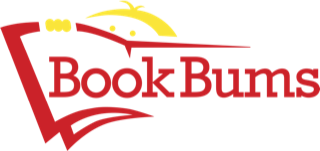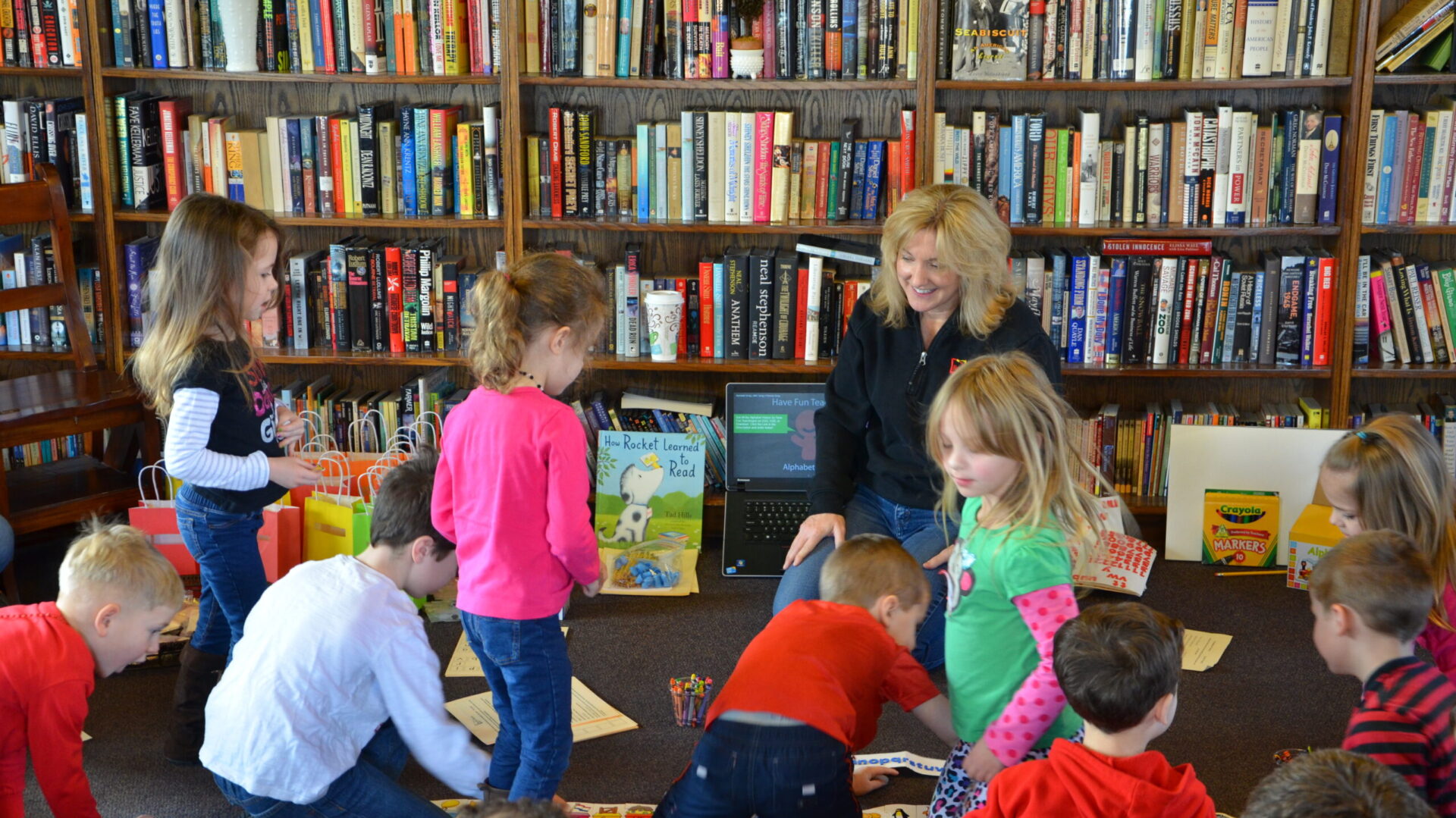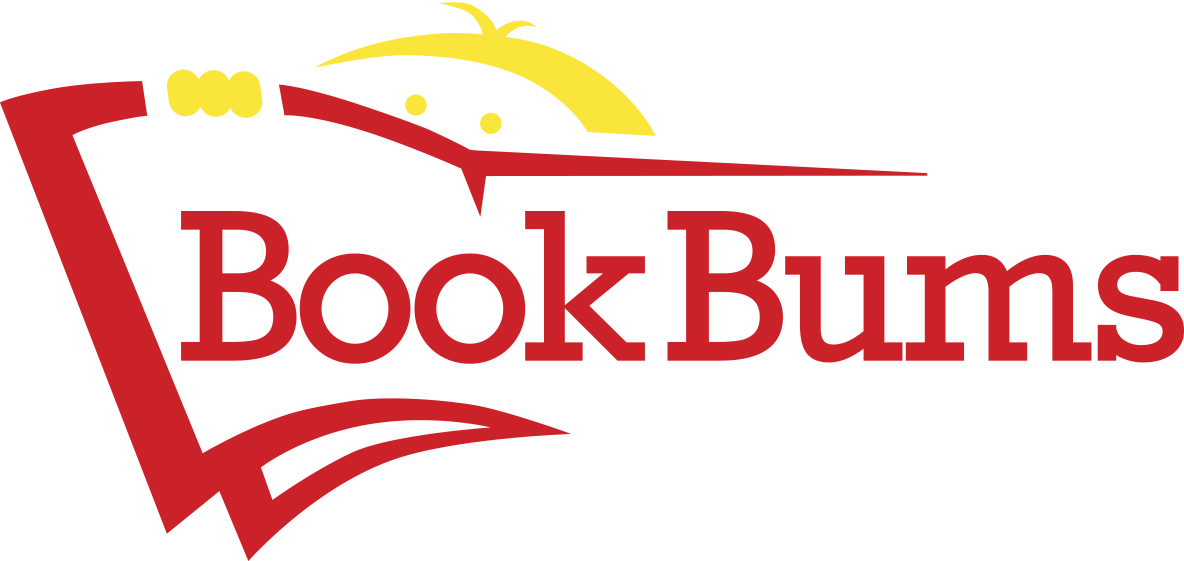
Hello Book Bums families!
This week in the newsletter we're thinking about royalty. Dr. Christy shares a royal book recommendation and then takes us into the writer's craft in its pages. We also explore regal word roots and why queen starts with qu.
Here's a game to try. Choose your favorite royal word - princess, queen, monarch. Take turns thinking of a word that starts with each letter that has to do with royalty. You can turn it into a writing activity by making an acrostic poem.
Bookbums.com is an Amazon Associate; We earn from qualifying purchases. This means that if you click on a link to Amazon.com and make a purchase, We may earn a small commission at no extra cost to you. We do recommend the products. Feel free to find them by other means.
Word of the Week
quintessential (kwin-tuh-sen-shul) adjective/describing word - perfectly typical or representative of a particular kind of person or thing
A quintessential snow day includes sledding, snowmen, and hot chocolate.
Literary Calendar
• February 4 is Take Your Child to the Library Day.
• If you're local, the Liberty branch of Midpoint Library will be celebrating with activities all day long! Enjoy storytime, a poetry workshop, an open mic and more! Check out your local library website for event schedule.

From our Bookshelves
The Princess in Black, by Shannon and Dean Hale, is a cheeky book about a princess named Magnolia. Magnolia tries to act like a normal princess, but (as the nosey Duchess Wigtower suspects) she has secrets. You see, from time to time, Princess Magnolia sneaks away from her picture-perfect castle because . . . she’s actually an undercover superhero.
The Princess in Black is a terrific beginning chapter book. It’s simple but clever, and kids are going crazy for all nine of the books in the series. If you get started with them now, all your princess fans will be ready for book 10 when it comes available on April 11th.
Though there are some series that are written to be read in chronological order (such as the Magic Treehouse series), the Princess in Black books can be enjoyed in any order.
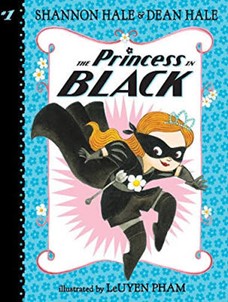
Tips for Readers and Writers
Last week, we shared that we want our students to notice when authors use literary devices to enhance their writing. We’ve listed the devices, again, and shared how the Hales used them to make their simple story, The Princess in Black. a delight.
1. Alliteration - a sound is used repeatedly at the beginning of words to add interest
The breeze from the window was warm and wishy.
2. Foreshadowing - a hint of something exciting or foreboding
“You seem so prim and perfect.” Duchess Wigtower leaned forward. “But everyone has a secret.”
3. Hyperbole - extreme exaggeration to add emphasis
Everyone knows that princesses don’t wear black.
4. Idiom - words that, together, mean something very different from their literal meanings
Hidden messes, skeletons in the closet, that sort of thing.
5. Metaphor - direct comparison (She’s an angel.)
n/a
6. Onomatopoeia - sound words
Her glass slippers went tink-tink-tink-tink.
7. Personification - giving traits of people to inanimate objects (Flames licked the staircase.)
n/a
8. Point of View - first person (I), second person (you), third person (s/he)
In this story, chapters are told from different points of view.
9. Pun - jokes exploiting homophones
She fixed her hair. She fixed her skirt. She fixed a smile upon her face.
10. Repetition - repeating a word or a line within the story
The princess in black was the same height as Duff. So was Princess Magnolia. The Princess in Black had honey brown eyes. So did Princess Magnolia. The Princess in Black had a sparkly tiara. So did Princess Magnolia.
11. Simile - comparison using like or as
They’ve turned as black as coal.
The authors also used rich vocabulary in their telling of the stories. This one was a good one from book one: Princess Magnolia minced to the door.
Wait. I thought mince meant to chop into very small pieces. It turns out
that mince can also mean: to walk with short steps in a prim affected
manner. (Magnolia is pretending to be a dainty princess, after all.)
Note, too, that affected, as is used in the definition of mince, means to
pretend to have or feel something. (to feign, fake, simulate, fabricate)
See? Everyone can learn something from a high-quality children’s book.
Tips for Families
If you don’t know it already, we want to be the ones to tell you that Sleeping Queens is a terrific family game! Our family recently learned about it, ordered it, and has thoroughly enjoyed playing it. We think you’ll like it, too.
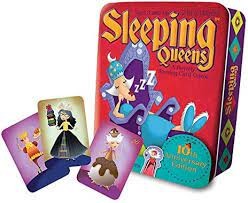
Interestingly, this game was created by a six-year-old girl.
One sleepless night Miranda, her imagination running wild, played a game
in her mind where she rescued queens who had fallen under a sleeping
spell. She got up, went to her parents, and announced: “I made up a
game!” Promptly tucked back into bed, she championed the cause of the
sleeping queens in her dreams all night long. The next morning, an
enthusiastic Miranda outlined her ideas to her parents, older sister,
Madeleine, and baby brother, Stephen. The sleeping queens were
embraced and adopted as a family project.
~WIPO, December 2008
Today, parents and kids, alike, enjoy this award-winning card game. It’s just complicated enough to be engaging—but it’s not the least bit overwhelming. If you have early elementary-aged children, they’re going to love it, and you will, too.
Wordology Workshop
• The Latin root reg means to rule, direct, or control.
• It is associated with royalty and can be found in royal words like regal, regalia, regicide, sovereign, and reign.
• It can also be found in governmental words such as regime, regulate, regimen, regiment, and region.
Practical Grammar
Queens. Whether you’ve been explicitly taught or not, we have come to understand that, in English (outside of crossword puzzles), the letter q is always followed by a u.
When we teach letter sounds, we say that q says /kw/. When we teach the sound for u, we note that the u typically says /uh/ or /you/.
However, q-u, together, just says /kw/ as in queen. (Is the u napping?) Lots of words have q-u saying /kw/.
quit, quake, quart, quiet, quandary, quintessential . . .
It turns out that q is a Latin invention. The Greek letter, upon which q is based, represented the sounds /c/ (we still hear that sound) or /g / (we can see the visual similarities). Anyway, in English, the letter q is always followed by a u.
But why is the u there?
The answer is not simple and clear. Something about rounded vowels.
Here’s the thing: There are some other letters (not just the q) that can be followed by an unassuming u as well.
Consider the following words:
biscuit, circuit
guess, guide, guilty, guy
At Book Bums, when we look at words like these, we call those u’s blocker letters.
We teach our students that:
In words with c-e, c-i, and c-y, the c can say /s/.
In words with g-e, g-i, and g-y, the g can say /j/.
Without those u’s, the c’s would say /s/ (biscit, circit), and the g’s would say /j/ (gess, gide, gilty, gy).
See? The u’s ARE blocker letters.
There are a couple of other words with u’s that appear to be napping, but they aren’t doing any blocking either.
build, busy
It turns out that the original pronunciations of these words once included sounds that were represented by the letter u. Over time, the pronunciations have changed, but remnants of their original spellings remain.
At Book Bums, we simply note these irregular spellings. We strive to practice them enough so that when students write bild or bizzy they’ll say, “That doesn’t look right. How else could that word work?” Thanks to a process called orthographic mapping, that’s precisely how skilled readers and writers navigate irregularly spelled words.
Just for Fun
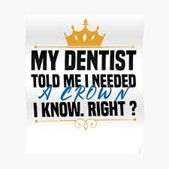
If you know someone who would benefit from our newsletter or tutoring at Book Bums, please share this email with them! Thank you.
Copyright © 2024 Book Bums, All rights reserved
Our mailing address is:
7967 Cincinnati-Dayton Road Suite L
West Chester, OH 45069
